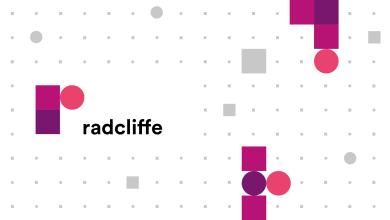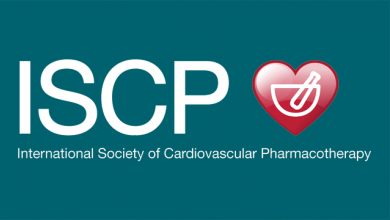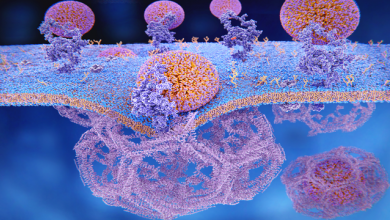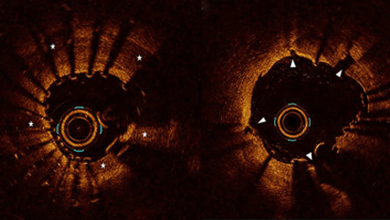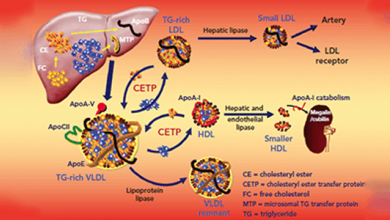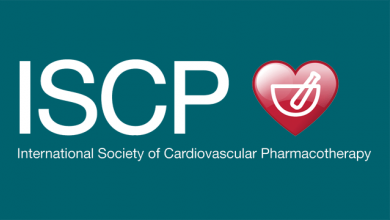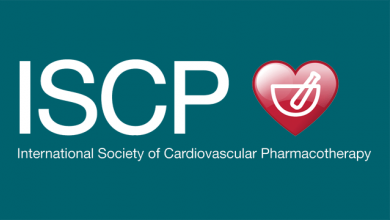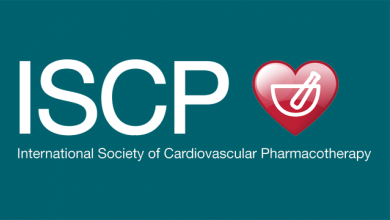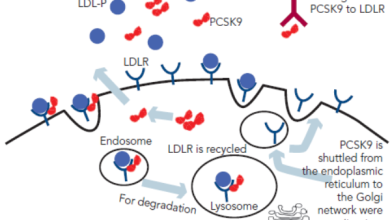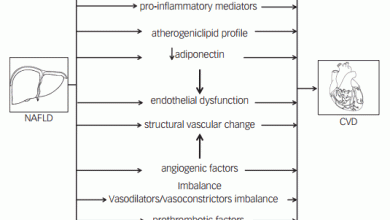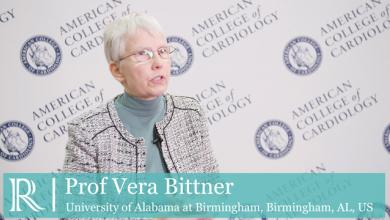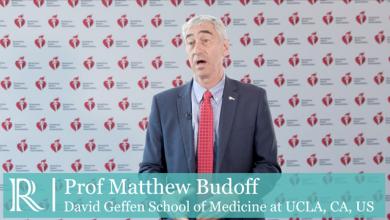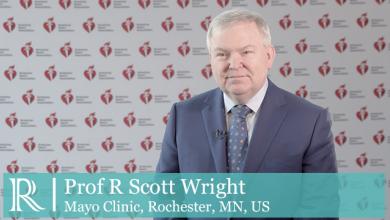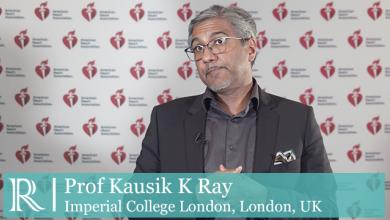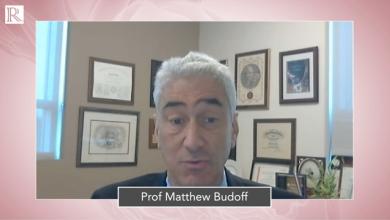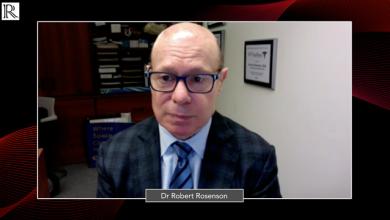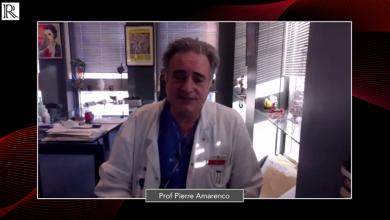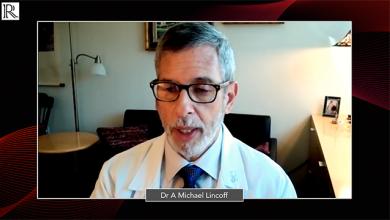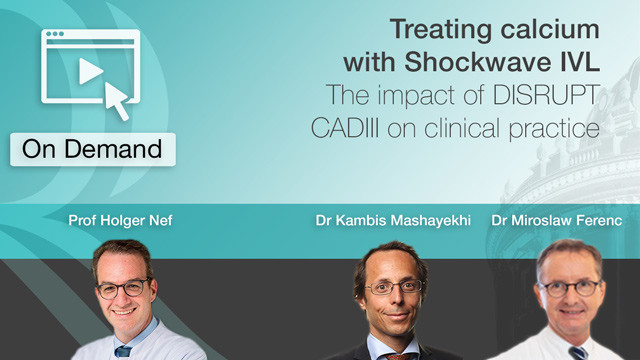Substantial progress in the treatment of atherosclerotic complications – in particular in secondary prevention – has led to a significant reduction of recurrent cardiovascular events. This has been through the use of pharmacological strategies including lipid-lowering drugs such as statins, beta-blockers, angiotensin-converting ensyme inhibitors and angiotensin receptor blockers, along with the introduction of early percutaneous coronary intervention in acute coronary syndrome with consecutive application of dual antiplatelet therapy.
Close Menu
View all - Electrophysiology & Arrhythmia
Atrial Arrhythmias
Atrial Fibrillation
Catheter Ablation of Cardiac Arrhythmias
Persistant AF using Cryoballoon
Real World Contact Force Ablation
Pacing, Defibrillators and Cardiac Resynchronisation Therapy
Stroke Prevention in Atrial Fibrillation
Reversal Agents
Ventricular Arrhythmias
Supraventricular Tachycardia
Sudden Cardiac Death
Atherosclerosis
Atherosclerosis
Read time: 1h 1m 1s
About
Media
Media
Watch time: 4m 53s
Watch time: 4m 57s
Watch time: 8m 2s
Watch time: 3m 25s
Watch time: 4m 43s
Watch time: 4m 14s
Watch time: 7m 48s
Watch time: 7m 44s
Watch time: 9m 40s
Articles
Proprotein Convertase Subtilisin/Kexin 9 (PCSK9) Inhibition in Patients With or at High Risk of Coronary Heart Disease
Citation:
US Cardiology Review 2017;11(1):16–7
- Abstract
- Full text
- Login or register to view PDF.
- Permissions
- References
Permissions×
For commercial reprint enquiries please contact Springer Healthcare: ReprintsWarehouse@springernature.com.
For permissions and non-commercial reprint enquiries, please visit Copyright.com to start a request.
For author reprints, please email rob.barclay@radcliffe-group.com.
For permissions and non-commercial reprint enquiries, please visit Copyright.com to start a request.
For author reprints, please email rob.barclay@radcliffe-group.com.
- Views:
 339
339
- Downloads:
 0
0
Guest Editorial: Commentary on the Findings of the GLAGOV Randomized Clinical Trial
Citation:
US Cardiology Review 2017;11(1):18–9
- Abstract
- Full text
- Login or register to view PDF.
- Permissions
- References
Permissions×
For commercial reprint enquiries please contact Springer Healthcare: ReprintsWarehouse@springernature.com.
For permissions and non-commercial reprint enquiries, please visit Copyright.com to start a request.
For author reprints, please email rob.barclay@radcliffe-group.com.
For permissions and non-commercial reprint enquiries, please visit Copyright.com to start a request.
For author reprints, please email rob.barclay@radcliffe-group.com.
- Views:
 449
449
- Downloads:
 0
0
Guest Editorial: A Brave New World for Non-vitamin K Antagonist Oral Anticoagulants: Have We seen the Last of Warfarin?
Citation:
US Cardiology Review 2017; 11(1):37–8
- Abstract
- Full text
- Login or register to view PDF.
- Permissions
- References
Permissions×
For commercial reprint enquiries please contact Springer Healthcare: ReprintsWarehouse@springernature.com.
For permissions and non-commercial reprint enquiries, please visit Copyright.com to start a request.
For author reprints, please email rob.barclay@radcliffe-group.com.
For permissions and non-commercial reprint enquiries, please visit Copyright.com to start a request.
For author reprints, please email rob.barclay@radcliffe-group.com.
- Views:
 366
366
- Downloads:
 0
0
Patient Selection and Procedural Considerations for Coronary Orbital Atherectomy System
Citation:
Interventional Cardiology Review 2016;11(1):33–8
- Abstract
- Full text
- Login or register to view PDF.
- Permissions
- References
Permissions×
For commercial reprint enquiries please contact Springer Healthcare: ReprintsWarehouse@springernature.com.
For permissions and non-commercial reprint enquiries, please visit Copyright.com to start a request.
For author reprints, please email rob.barclay@radcliffe-group.com.
For permissions and non-commercial reprint enquiries, please visit Copyright.com to start a request.
For author reprints, please email rob.barclay@radcliffe-group.com.
- Views:
 3120
3120
- Downloads:
 0
0







